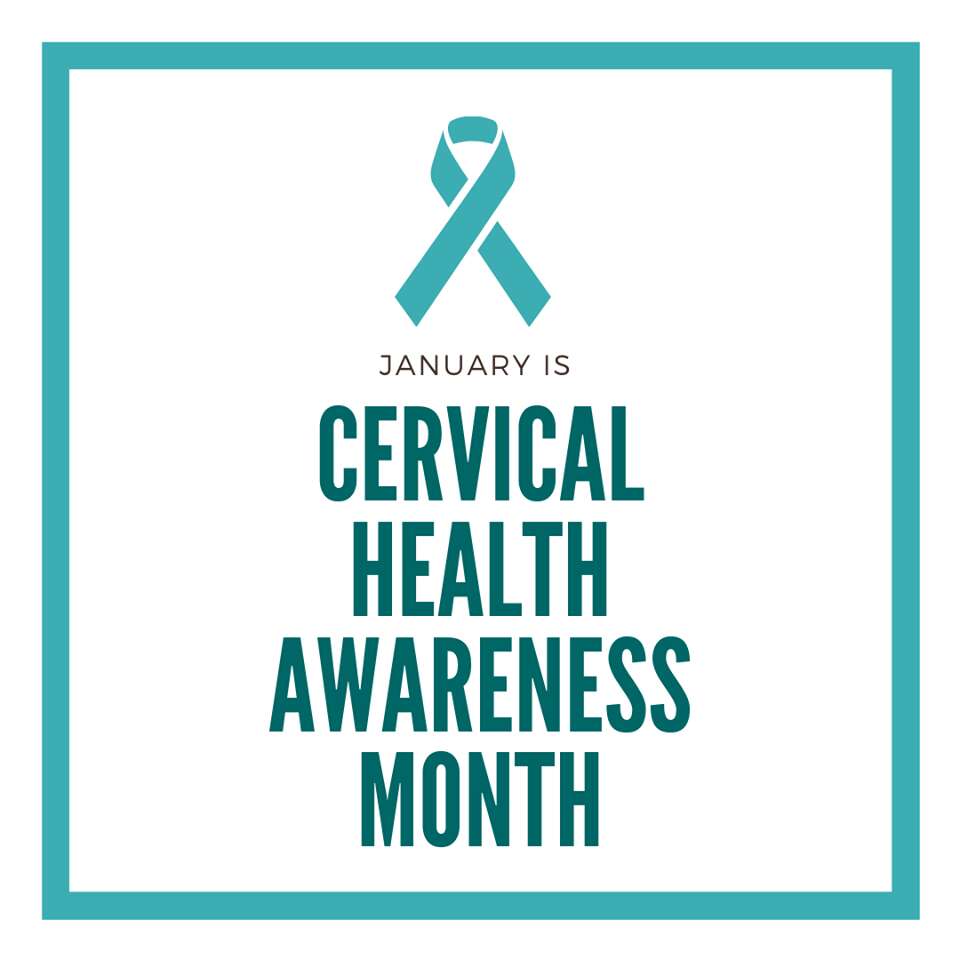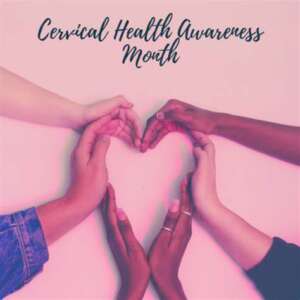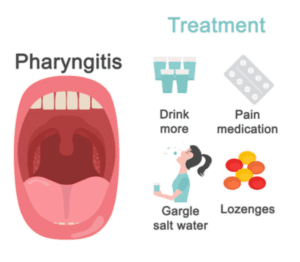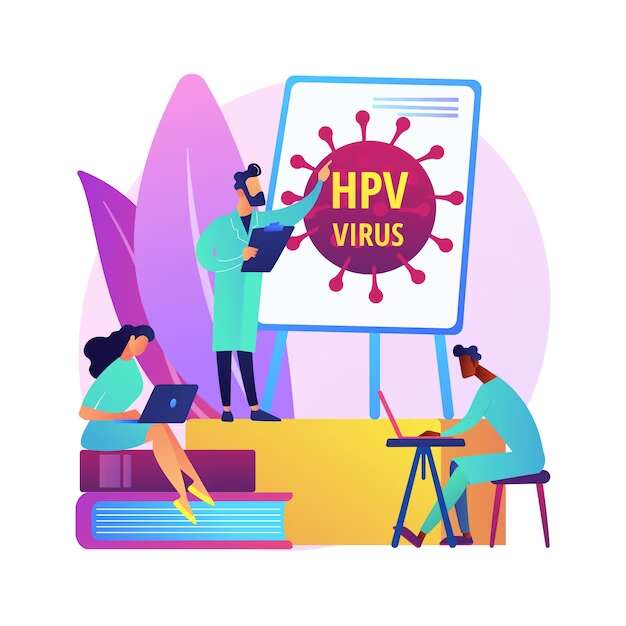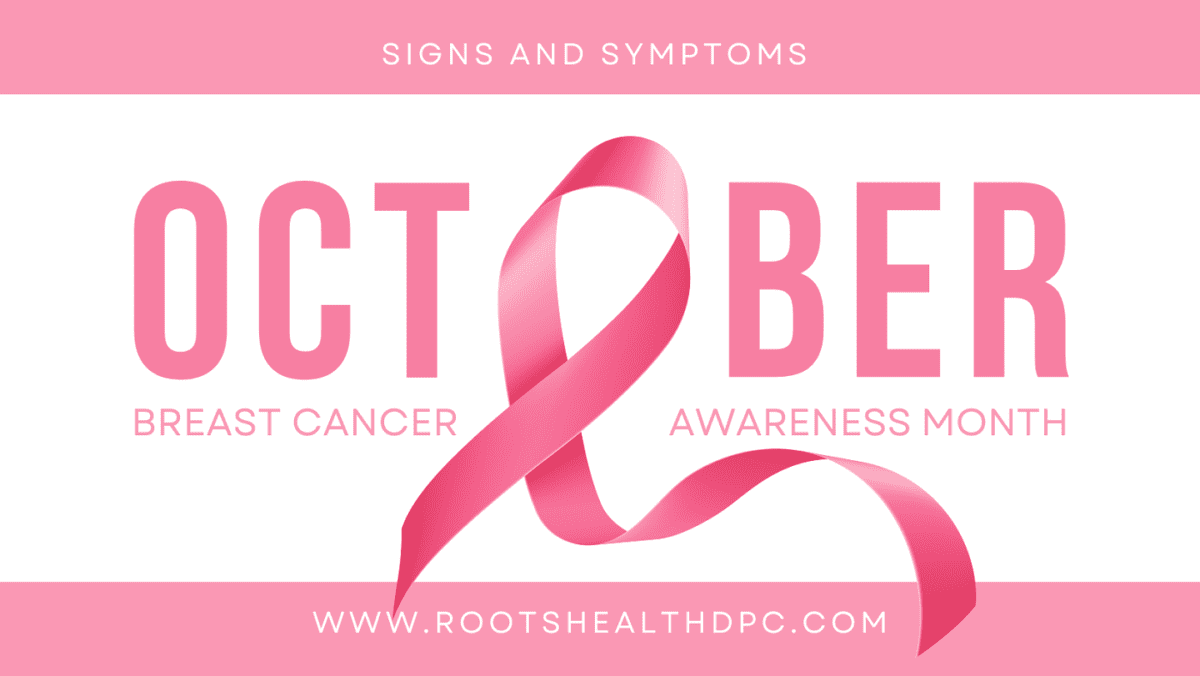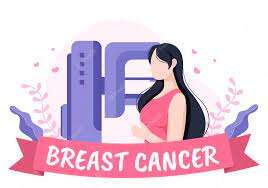Family Health and Fitness Day
Family Health & Fitness Day:
Prioritizing Wellness Together
Let’s celebrate Family Health & Fitness Day. Roots Health DPC, is committed to promoting prevention and wellness within our community. We believe that engaging in regular physical activity and making healthy lifestyle choices are essential components of overall well-being. Instilling these values in the next generation… by participating together… can have enormous impact.

Looking for some ideas to kickstart your family’s journey to better health?
2. Take a walk in the forest: Enjoy the outdoors while getting some exercise by taking a walk at your nearest trails. Incorporate physical activity into your day while spending quality time together as a family.
3. Find a fun activity: Engage in seasonal activities like going to a pool or water park, visiting the lakefront, spending time outside. Enjoy and provide opportunities for physical movement and bonding.
5. Go on a bike ride: Explore your neighborhood or nearby bike paths on a family bike ride. Biking is a fantastic low-impact exercise that can be enjoyed by all ages and fitness levels.




